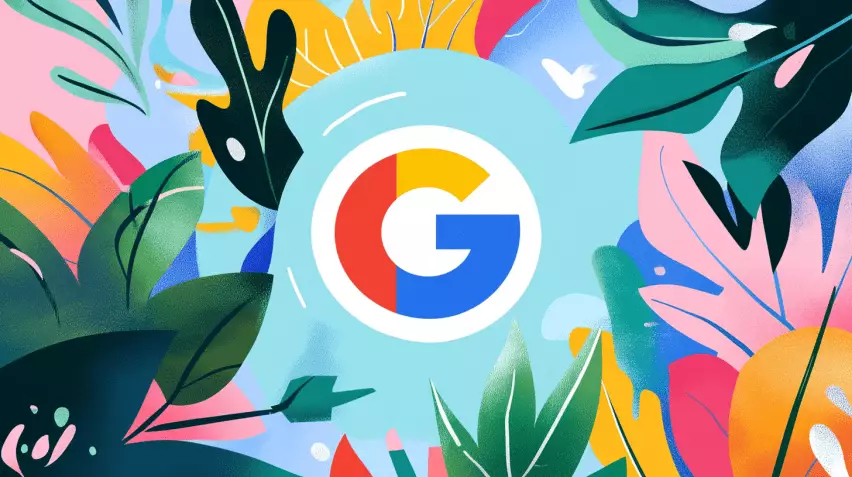Google’s recent update to its Chrome browser has brought a significant change by integrating its Gemini AI chatbot directly into the address bar. This move marks a turning point in the democratization of AI technology, making it easily accessible to millions of internet users. By allowing users to access Gemini by simply typing “@gemini” followed by their query in the address bar, Google has seamlessly integrated AI assistance into the browsing experience for Chrome users. This move eliminates the need to navigate to a separate website or application, making artificial intelligence a default part of the browsing experience.
The integration of Gemini into Chrome represents a major step towards replacing traditional search queries with generative AI responses. While the Flash version of Gemini in Chrome offers significant improvements over previous versions, it lacks contextual awareness of users’ browsing activity, limiting its ability to provide assistance based on specific web pages. However, the widespread availability of this feature in Chrome could drastically increase AI accessibility for millions of users worldwide, potentially boosting productivity and information access.
As AI becomes more deeply embedded in our primary browsing tools, concerns about data privacy and the increasing role of AI in digital lives are likely to intensify. Google’s move signals a shifting landscape in enterprise software and data management, with advanced AI capabilities integrated into commonly used tools like web browsers. This update could also have significant implications for digital marketing and SEO industries, as users’ search and information consumption behaviors evolve with AI-assisted browsing.
Google’s integration of Gemini into Chrome can be seen as a strategic move to maintain its position as a leader in both web browsing and AI technology. By making Gemini accessible to its massive user base, Google is expanding its AI footprint and collecting valuable user interaction data for future AI developments. This move highlights the blurring lines between traditional web navigation and AI-assisted information retrieval, setting the stage for a fundamental shift in human-computer interaction.
As we stand on the cusp of this new era of AI-integrated browsing, the way we interact with the internet is evolving rapidly. Google’s push to integrate AI into its core products signifies a broader trend towards AI-first approaches. Businesses and technical decision-makers may need to reassess their technology stacks and consider how to leverage AI-enhanced platforms. Users, businesses, and policymakers will need to carefully consider both the opportunities and challenges presented by this new AI-powered internet landscape as the technology continues to evolve.


Leave a Reply